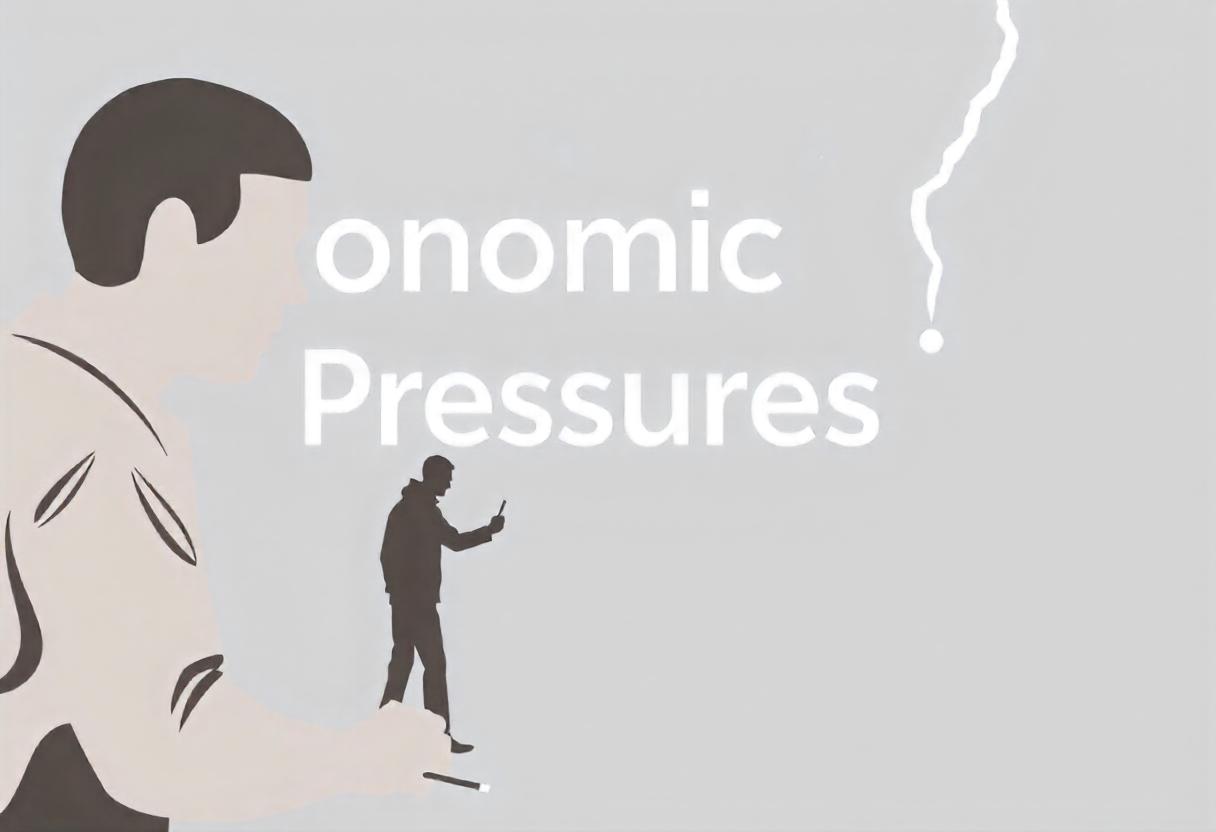
Economic pressures are a multifaceted issue that affect individuals, businesses, and governments across the globe. They manifest in various forms, including inflation, unemployment, wage stagnation, rising living costs, and increasing debt levels. These pressures create ripple effects, influencing not only economic policies but also societal well-being, political stability, and individual livelihoods.
Inflation and the Cost of Living
Inflation is one of the most pervasive forms of economic pressure, impacting everything from the price of goods and services to the cost of housing and transportation. When inflation rises faster than wages, consumers experience a decline in purchasing power, meaning their money buys less than it did previously. This phenomenon particularly hits low-income households the hardest, as a greater portion of their earnings is spent on necessities like food, shelter, and utilities.
The rising cost of living associated with inflation puts additional pressure on families and individuals to make ends meet. Many are forced to cut back on discretionary spending, leading to reduced demand for non-essential goods and services, which can further strain the economy by affecting business revenues and profitability.
Wage Stagnation
While inflation increases the cost of living, wage growth has not always kept pace. In many economies, wage stagnation has been a significant issue for decades, particularly in industries where technological advancements and automation have reduced the demand for labor. When wages remain stagnant or grow at a slower pace than inflation, workers experience a decline in real wages, further exacerbating economic pressures.
This stagnation affects consumer spending, which is a key driver of economic growth. With less disposable income, households are forced to limit their consumption, creating a slowdown in demand for goods and services. For businesses, this reduced demand can lead to lower profits, layoffs, or even closures, adding to the economic challenges.
Unemployment and Underemployment
High unemployment rates are another form of economic pressure that has long-term implications for both individuals and economies. Unemployment can lead to financial insecurity, increased debt, and a loss of skills, making it difficult for people to re-enter the job market. Moreover, underemployment—where individuals are working in jobs below their skill level or working fewer hours than they desire—also contributes to economic pressures, as it prevents people from fully utilizing their potential and earning a living wage.
In addition to its financial impacts, unemployment can lead to social unrest and political instability, as people demand better job opportunities and economic reforms. Governments often respond with stimulus packages, public works programs, or other forms of economic intervention, which can be costly and add to national debt.
Rising Debt Levels
Debt is another critical factor in the discussion of economic pressures. Both individuals and governments often rely on borrowing to cover expenses, particularly during times of financial strain. For individuals, personal debt can accumulate due to credit cards, student loans, and mortgages, creating a cycle of financial pressure that is difficult to escape.
For governments, high levels of national debt can limit their ability to respond to economic crises or invest in long-term growth initiatives such as infrastructure, education, and healthcare. Servicing debt often requires higher taxes or cuts to public services, which can compound economic pressures for citizens.
Global Economic Interdependence
Economic pressures are not confined within national borders; they are increasingly global. Economic shocks in one country can reverberate across the globe, affecting trade, investment, and financial markets. The 2008 financial crisis is a prime example of how interconnected the global economy has become. When the housing bubble burst in the United States, it triggered a global recession that affected economies worldwide, leading to widespread unemployment, business closures, and government bailouts.
Additionally, supply chain disruptions, trade wars, and geopolitical tensions can exacerbate economic pressures by limiting access to key resources or markets. Countries that are heavily dependent on imports or exports may find themselves particularly vulnerable to global economic fluctuations, making it harder for them to stabilize their domestic economies.